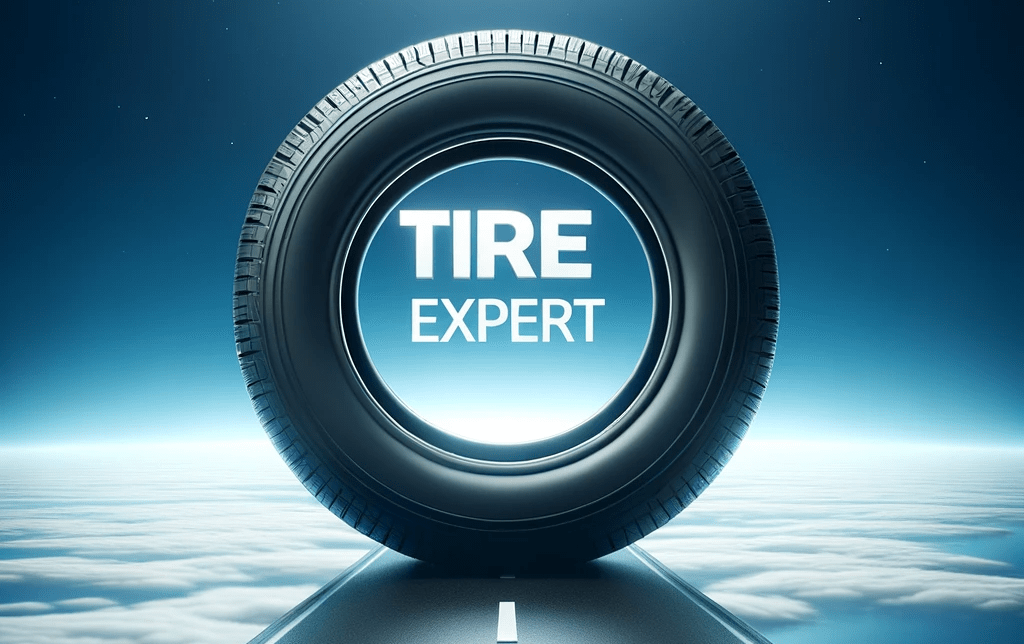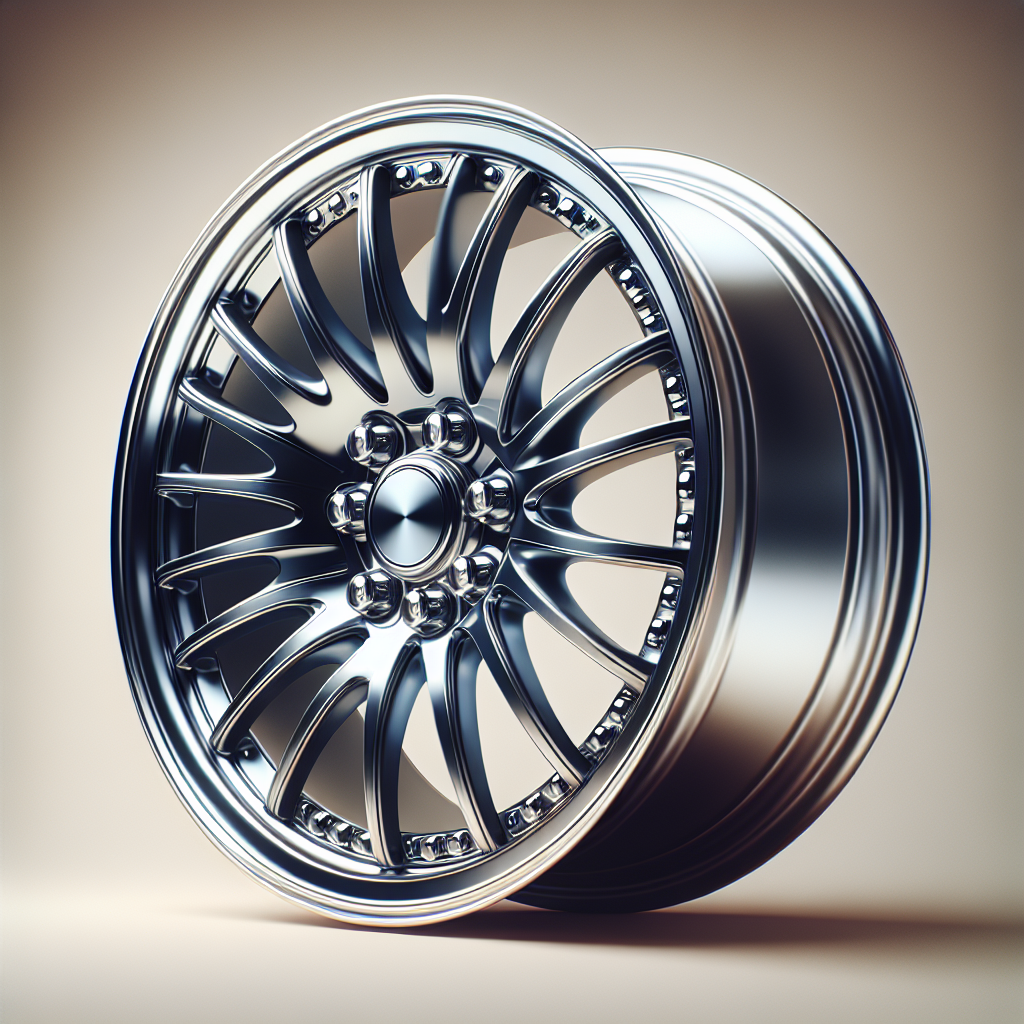If you’re a car enthusiast or someone who simply wants to take good care of your wheels, you’ve probably wondered if wheel cleaning can effectively prevent oxidation on your aluminum wheels. Well, the answer might just surprise you. Oxidation, a common problem with aluminum wheels, not only affects their appearance but also their overall performance. In this article, we will explore the importance of wheel cleaning and how it can be a crucial preventive measure to keep your aluminum wheels looking pristine. So, let’s roll up our sleeves and discover the secrets to maintaining your wheels in top-notch condition.
Types of Oxidation on Aluminum Wheels
Surface Oxidation
Surface oxidation occurs when the aluminum wheels are exposed to air and moisture over time. This leads to the formation of a thin layer of aluminum oxide on the surface of the wheels, resulting in a dull and faded appearance.
Pitting Oxidation
Pitting oxidation is a more severe form of oxidation that occurs when the surface of the aluminum wheels corrodes and forms small pits or holes. This can be caused by exposure to road salt, chemicals, and other corrosive substances.
Corrosion Oxidation
Corrosion oxidation is the most damaging form of oxidation and occurs when the aluminum wheels are exposed to a corrosive environment for an extended period. This can lead to the degradation of the wheels, compromising their structural integrity and increasing the risk of failure.
Factors Contributing to Oxidation on Aluminum Wheels
Humidity and Moisture
High humidity levels and moisture in the air can accelerate the oxidation process on aluminum wheels. This is why cars parked near coastal areas or in regions with a humid climate are more prone to wheel oxidation.
Road Salt and Chemicals
Road salt and chemicals used for de-icing during winter months can have a corrosive effect on aluminum wheels. When these substances come into contact with the wheels, they can lead to accelerated oxidation and pitting.
Brake Dust and Debris
Brake dust, which is a byproduct of the braking process, can accumulate on the surface of aluminum wheels. If not promptly and properly cleaned, brake dust can react with moisture and air, contributing to oxidation.
UV Rays
Exposure to UV rays from the sun can also cause oxidation on aluminum wheels. The sun’s rays can break down the protective coating on the wheels and expose the surface to the elements, leading to faster oxidation.

Effects of Oxidation on Aluminum Wheels
Dull and Faded Appearance
One of the most obvious effects of oxidation on aluminum wheels is a dull and faded appearance. The once shiny and attractive wheels can become discolored and lose their aesthetic appeal.
Reduced Wheel Lifespan
Oxidation weakens the structural integrity of aluminum wheels, making them more prone to damage and reducing their overall lifespan. Pitting and corrosion can compromise the strength of the wheels, increasing the risk of failure.
Increased Vulnerability to Damage
Oxidation makes aluminum wheels more vulnerable to damage from environmental factors, such as rocks, gravel, and curbs. The weakened surface can easily be scratched, chipped, or dented, leading to costly repairs or the need for wheel replacement.
Understanding the Importance of Wheel Cleaning
Preventing Oxidation
Regular and proper wheel cleaning can help prevent oxidation on aluminum wheels. By removing dirt, brake dust, and other contaminants, you can minimize the chances of oxidation occurring and extend the lifespan of your wheels.
Maintaining Aesthetic Appeal
Clean wheels not only look better but also contribute to the overall appearance of your vehicle. Regular wheel cleaning helps maintain the shiny and attractive appearance of your aluminum wheels, enhancing the overall aesthetic appeal of your car.
Enhancing Overall Vehicle Safety
Neglecting wheel cleaning can lead to a buildup of brake dust and debris on the wheels, potentially compromising the performance of your brakes. By keeping your wheels clean, you ensure optimal brake functioning and contribute to overall vehicle safety.

Choosing the Right Wheel Cleaner
Aluminum-Safe Formula
When selecting a wheel cleaner, it is essential to choose a product specifically formulated for use on aluminum wheels. These cleaners are designed to effectively remove dirt and brake dust without causing any damage or accelerating oxidation.
Acid-Free and pH Neutral
The wheel cleaner you choose should be free from harsh acids and have a pH-neutral formula. Acidic cleaners can eat away at the protective coating on aluminum wheels, making them more susceptible to oxidation.
Non-Abrasive and Non-Scratching
Avoid using abrasive cleaners or those containing harsh chemicals that can scratch the surface of aluminum wheels. Opt for non-abrasive wheel cleaners that effectively remove contaminants without damaging the wheels.
Proper Wheel Cleaning Techniques
Step 1: Prepare Your Cleaning Supplies
Gather all the necessary cleaning supplies, including a bucket, wheel cleaner, soft brushes or sponges, microfiber towels, and a hose or pressure washer.
Step 2: Rinse Wheels Thoroughly
Before applying any cleaner, rinse the wheels thoroughly with water to remove loose dirt and debris. This helps prevent scratches during the cleaning process.
Step 3: Apply Wheel Cleaner
Spray the wheel cleaner onto the surface of the wheels, ensuring complete coverage. Allow the cleaner to sit for a few minutes to loosen and dissolve brake dust and grime.
Step 4: Agitate and Scrub
Using a soft brush or sponge, gently agitate and scrub the wheels to remove stubborn dirt and brake dust. Pay close attention to the inner wheel areas, where dirt and debris tend to accumulate.
Step 5: Rinse and Dry
After scrubbing, thoroughly rinse the wheels with clean water to remove all traces of the cleaner. Dry the wheels using a microfiber towel to prevent water spots and streaks.

Additional Tips for Preventing Oxidation
Regular Maintenance Schedule
Establishing a regular wheel cleaning routine is crucial in preventing oxidation. Make it a habit to clean your aluminum wheels at least once a month or more frequently if you live in areas with high humidity or frequently drive on salt-treated roads.
Avoiding Harsh Chemicals
Avoid using harsh chemicals or household cleaners that are not specifically designed for use on aluminum wheels. These products can accelerate the oxidation process and damage the protective coating.
Protective Coatings
Consider applying a protective coating or sealant to your aluminum wheels to provide an additional layer of defense against oxidation. These coatings help maintain the shine and protect the wheels from environmental factors.
Parking in Sheltered Areas
Whenever possible, park your vehicle in sheltered areas to minimize exposure to the elements. Parking in garages or carports can help protect your wheels from UV rays, road salt, and other corrosive substances.
Common Mistakes to Avoid
Using Abrasive Brushes or Pads
Avoid using abrasive brushes or pads when cleaning your aluminum wheels, as they can scratch and damage the surface. Stick to soft brushes or sponges specifically designed for wheel cleaning.
Not Rinsing Off Wheel Cleaner Properly
Failing to rinse off the wheel cleaner thoroughly can lead to chemical residue buildup, which can accelerate oxidation. Always rinse the wheels with clean water until no traces of the cleaner are left.
Neglecting Inner Wheel Areas
Do not neglect the inner wheel areas when cleaning. Brake dust and dirt can accumulate in these hard-to-reach areas, leading to oxidation and corrosion if not properly addressed.
Skipping the Drying Step
Skipping the drying step can result in unsightly water spots and streaks on your aluminum wheels. Use a microfiber towel to dry the wheels thoroughly and achieve a clean, spot-free finish.

Professional Wheel Cleaning Services
Benefits of Professional Cleaning
If you prefer not to clean your aluminum wheels yourself, professional wheel cleaning services can be a convenient and effective option. These services often use specialized equipment and products to ensure thorough and safe cleaning.
Frequency and Cost Considerations
The frequency of professional wheel cleaning will depend on various factors, such as your driving habits, climate, and personal preferences. Keep in mind that professional cleaning services may come at an additional cost, so consider your budget and priorities when deciding.
Conclusion
Regular wheel cleaning is crucial in preventing oxidation and maintaining the appearance and integrity of your aluminum wheels. By understanding the different types of oxidation, the factors contributing to it, and the effects it can have, you can take the necessary steps to protect your wheels from damage. Whether you choose to clean your wheels yourself or opt for professional services, investing time and effort in wheel maintenance will undoubtedly prolong the life and enhance the aesthetic appeal of your aluminum wheels.


